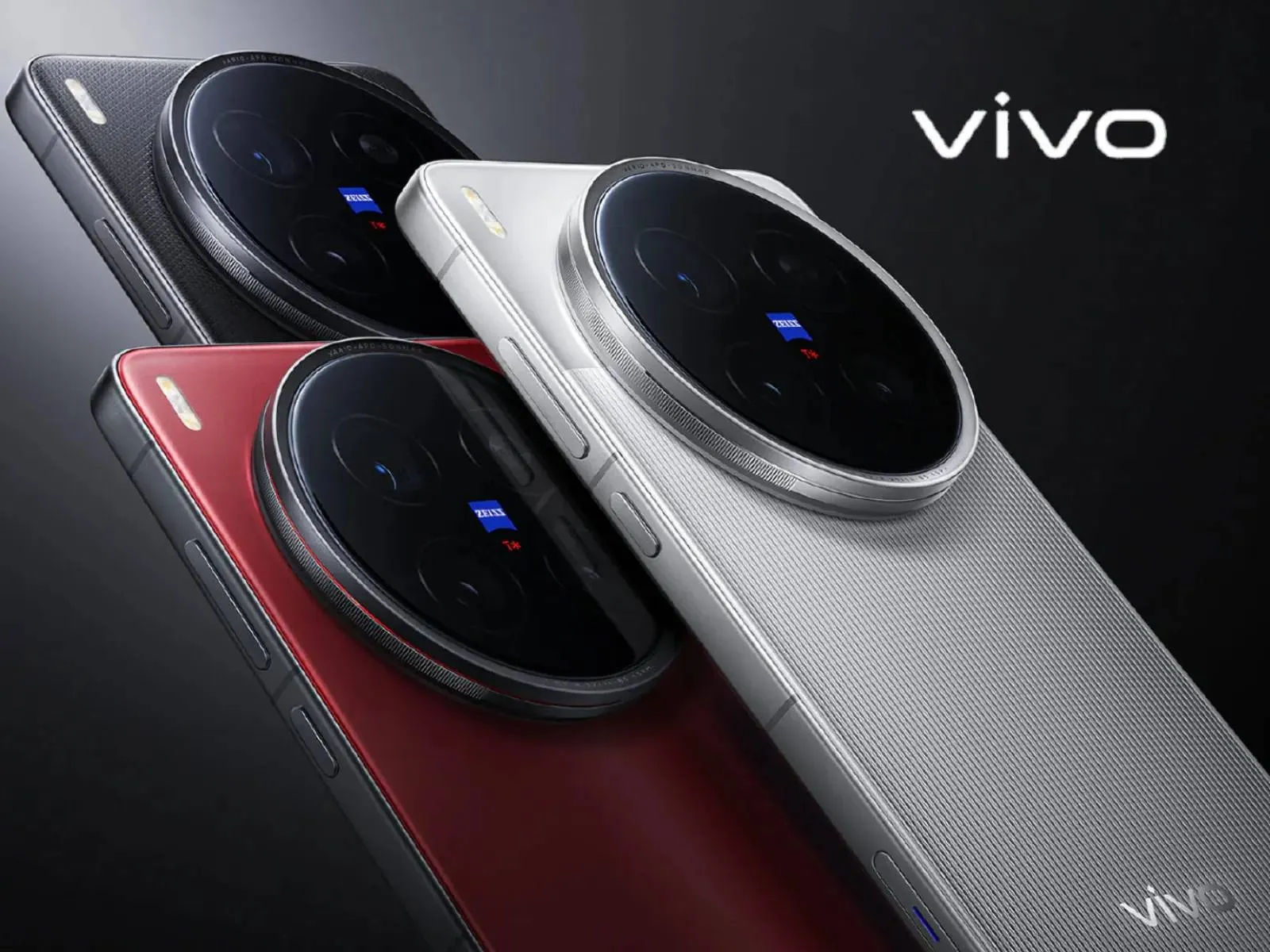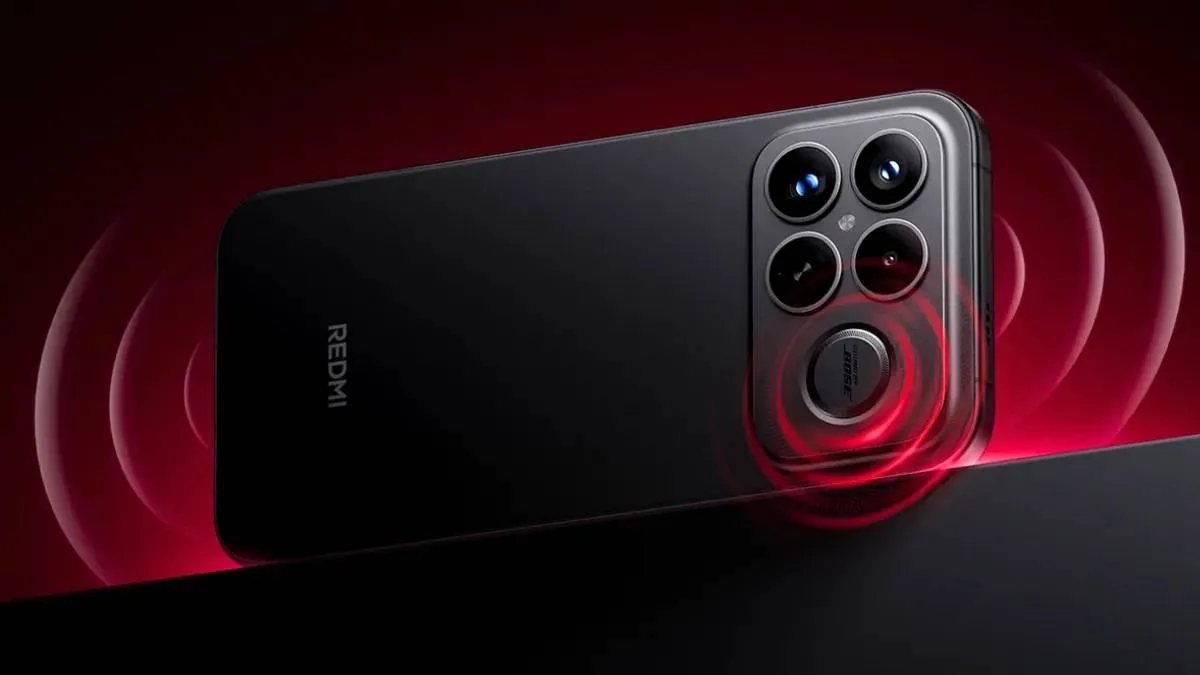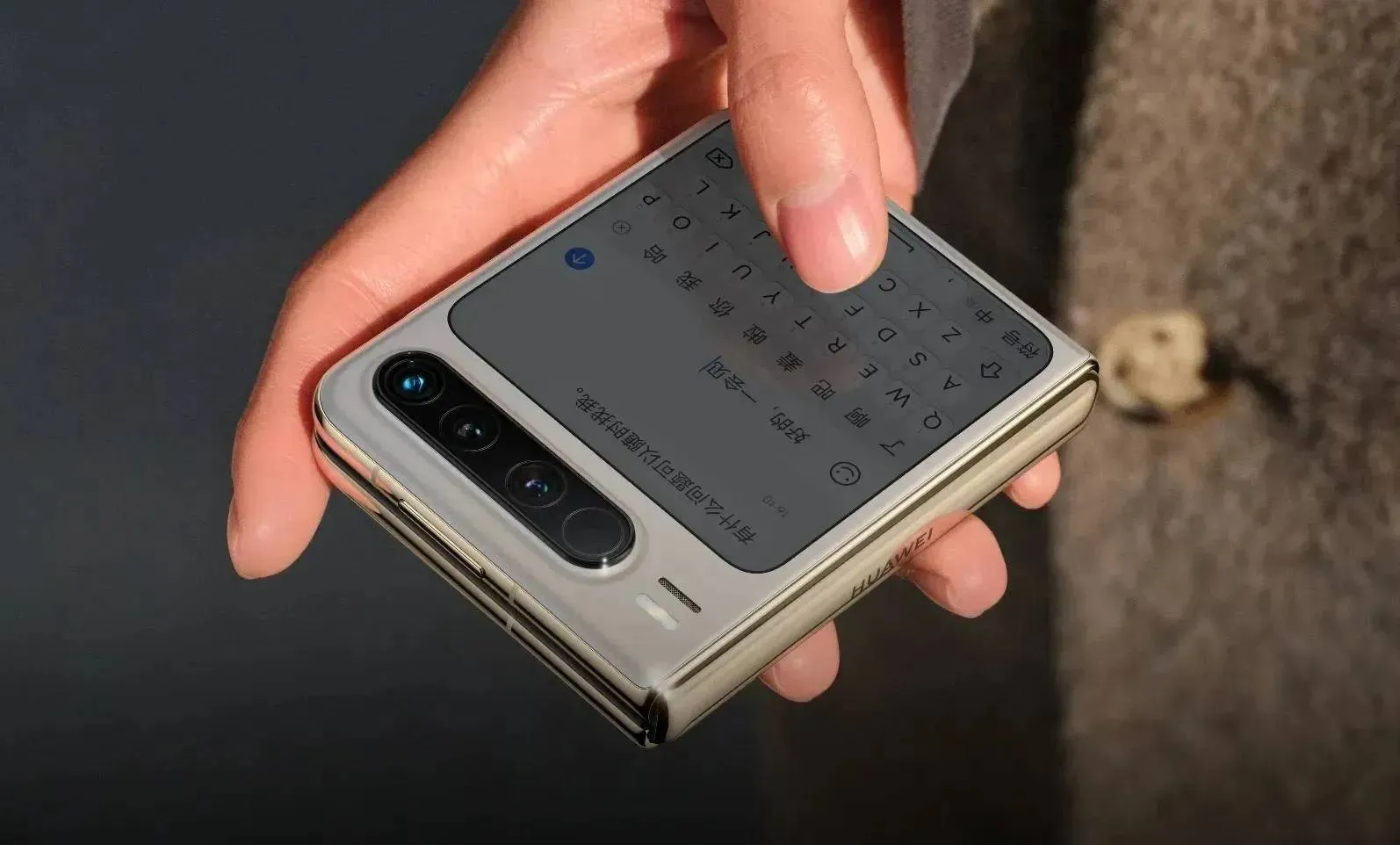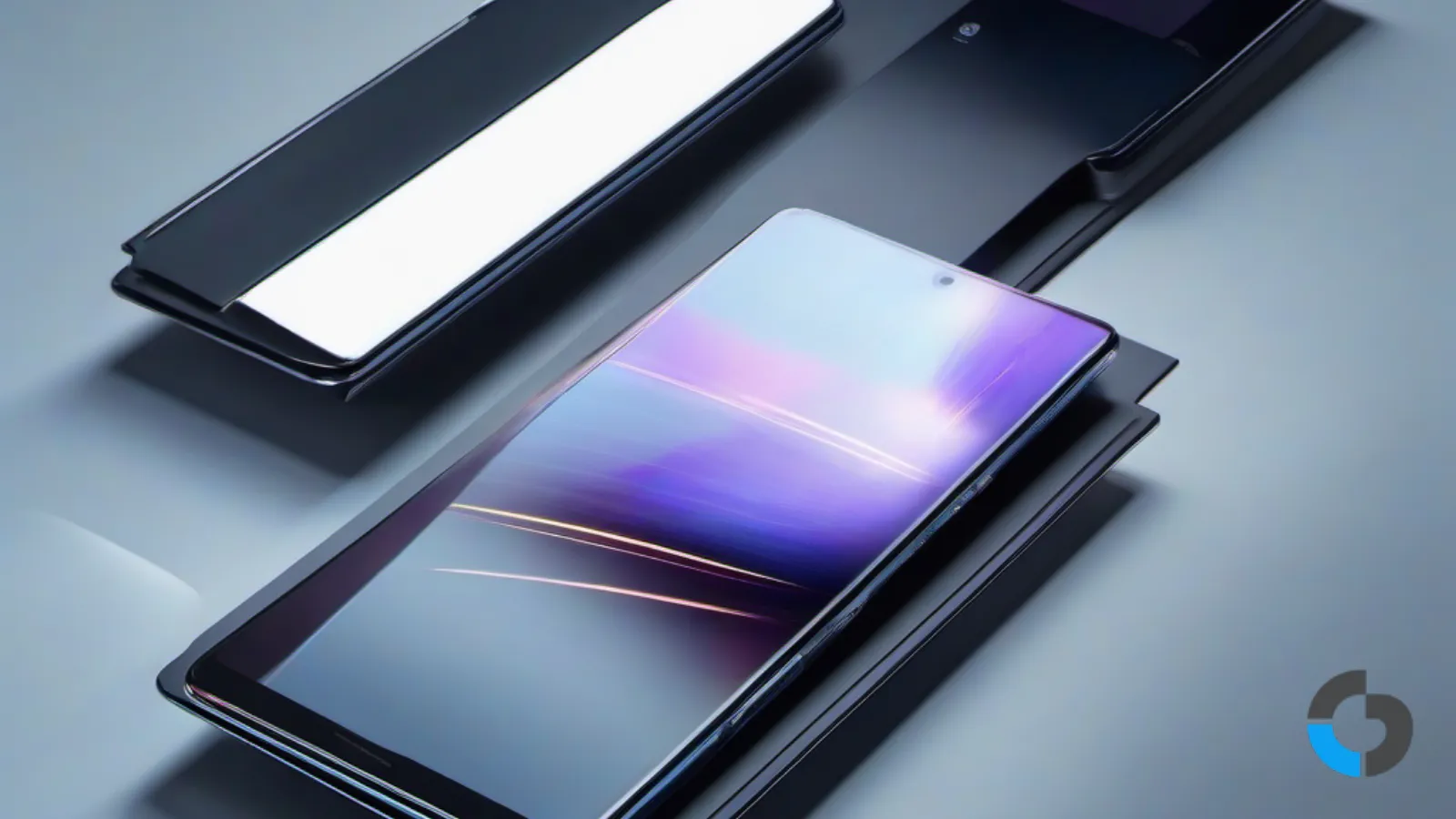Samsung's Next-Gen Flagships May Come With Ultra-Slim 12 MP and 24 MP Camera Sensors
SamsungWednesday, 11 October 2017 at 14:53
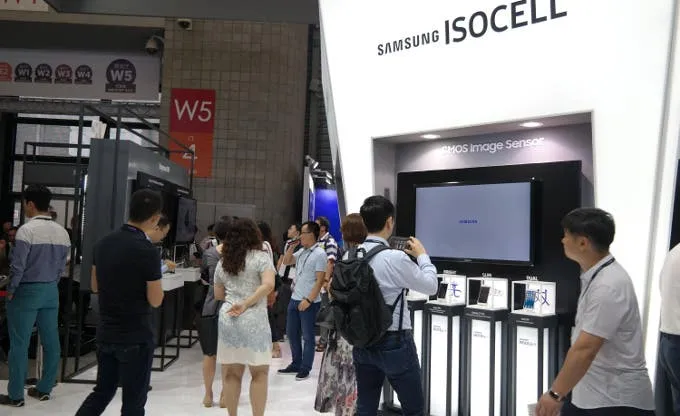
The device that is expected from Samsung at the moment is the Samsung Galaxy S9. Speculations about Samsung Galaxy S9 are already making the headlines with the latest rumor that it will sport the yet-to-be-released Snapdragon 845 chipset. There have also been stories that the next-gen flagships from Samsung may come with environmental sensors. Today, Samsung introduced two newbies to its ISOCELL collections which are the Dual Pixel 1.28-micrometer (μm) ISOCELL Fast 2L9 with 12 MP resolution and the Tetracell ultra-small 0.9μm ISOCELL Slim 2X7 with 24MP resolution. Flagship devices such as Galaxy S8 and Note 8 used the former but with a larger 1.4μm pixel size. These sensors will probably be used in Samsung's next-gen flagship device.
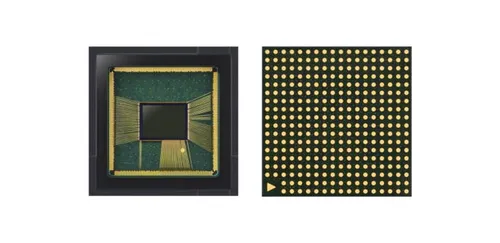
ISOCELL Fast 2L9
The entirely new 24MP ISOCELL Slim 2X7 is probably the first of its kind in the industry and it would produce a resolution that has never been seen on a Samsung smartphone. Its 0.9μm size indicates that the individual pixel will capture less light and the South Korean manufacturing giant has enhanced their isolation thus there is less disturbance on this sensor when compared to previous sensors. ISOCELL's DTI (deep trench isolation) technology ensures that this sensor reduces colour interference and it has the maximum capacity to contain light information.
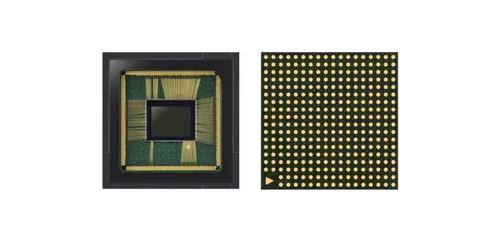
ISOCELL Slim 2X7
Ben K. Hur, Vice President of System LSI Marketing at Samsung Electronics said
“Samsung ISOCELL Fast 2L9 and ISOCELL Slim 2X7 are new image sensors that fully utilize Samsung’s advanced pixel technology, and are highly versatile as they can be placed in both front and rear of a smartphone,”...“Samsung plans to further develop the Dual Pixel and 0.9μm-pixel product categories, and expand applicable devices for ISOCELL image sensors that can enhance photographing experiences for consumers.”
The ISOCELL Fast 2L9 has a small pixel size and it can fit into slimmer camera modules which ensures that you get a slimmer smartphone. In this regards, the 24MP ISOCELL Slim 2X7 can even do better. Since the upcoming Samsung Galaxy S9 will probably use a dual camera set-up, we will most likely have one or both of these new ISOCELL sensors in this smartphone.
Bron: phonearena
Loading
